|
Source: Crazy Rich Asians Thanks to Crazy Rich Asians, there have been a lot of talks surrounding representation and inclusion lately. I enjoyed the movie, and I admit, I've spent a lil' too much time on Youtube and reading articles about the movie. This whole 'representation' thing could be a publicity gimmick, but it is indeed quite an achievement to have an all-Asian cast in a Hollywood movie speaking fluent English in various accents. Imagine seeing an all-Caucasian cast in a Bollywood movie speaking Hindi, that would be quite a 'representation' too huh!? Representation aside (because I don't feel the lack of it in my own life), the movie brilliantly portrayed the cultural identity struggles many minorities face through Rachel's character - being seen as the "Asian" in America (her home country), yet not belonging to Asia because she's too "American". While I can't say I relate to the struggles faced by Asian-Americans, it made me think more about my own experiences growing up as a Chinese in Malaysia, as compared to the Chinese/Asians who grew up in America. Putting geographical location aside, one thing we share in common is that we are both minorities in a country we call home. Growing up in Malaysia, we've always been the minority (Chinese makes up 20.8% of the population as of 2018), but personally, I've never really felt like a minority. When I compare myself to minorities in many other parts of the world, it made me realize how starkly different my experience was, and how lucky I was to grow up in Malaysia being a minority. While some may say that Chinese (and other minorities) in Malaysia are discriminated or considered second class citizens, I choose to look at it from a different lens... P.S. These are just my personal experiences, definitely not a 'representation' of all Malaysian-Chinese. Proudly representing Malaysia in the Amazing Race China Rush "Where Are You From?" I was born in Malaysia, my ethnicity is Chinese, and I consider myself a Malaysian-Chinese (notice which word comes first). To be precise, I'm a third-generation immigrant. My paternal grandparents migrated to Malaysia from the Guangdong province in China, and my maternal grandparents were born in Malaysia. Just to be clear, nobody uses the term 'third-generation immigrant' in Malaysia because we don't see ourselves as immigrants. For us, Malaysia is HOME. All my families and relatives are in Malaysia and we don't have any relatives in China, at least not anyone we know of. Growing up, I've never been asked where I come from (like where I 'originally' came from) by other kids in school. We've always had the common understanding that Malaysia is a multiracial country and Malaysians are made up of 3 main races - Malays, Chinese, and Indians; as frequently depicted by the 3 best friends Ali, Ah Kao, and Muthu in our textbooks. We learn, we understand, we respect. For us, this is just how Malaysia had always been, and there is nothing unusual or special about it. Even when I traveled to other countries, I would naturally answer that I'm a Malaysian without even a second thought that the answer people expect could be "my grandparents were originally from China". It wasn't until I traveled to the US for college in 2008 that I felt the need to explain the differences between Malaysian-Chinese, and China-Chinese. Fortunately, I was mature enough by then to proudly (and patiently) explain about my heritage to people who may not know about Malaysia. Looking back, I'm certainly glad I didn't have to explain where I 'originally' came from to other fellow Malaysians as a kid. 6 years of primary school with fellow Malaysian-Chinese classmates No Need to Fit In The public school system in Malaysia is very unique in a way that there are 3 types of public schools, i.e. Malay (National), Chinese, and Indian schools. P.S. All schools admit students regardless of racial and language background. My parents enrolled us in Chinese school and I attended Chinese school all the way from primary through secondary school, where 99% of the students are Malaysian-Chinese. So yeah, I grew up in an environment surrounded by kids who share the same skin color, eat the same type of food, speak the same language, and share similar cultural background. I've never felt out of place and there was no need to 'fit in' in school because other kids don't comment about my food, my accent, or my background. Honestly, I've never really thought about this as a privilege when I was a kid, but looking back now, I do believe that growing up in an environment where I wasn't constantly reminded of being a minority or judged for my differences helped build my self-esteem and gave me the confidence to be proud of my identity and heritage. Fit right in with the rest of the class Lemon, not Banana Thanks to many years of Chinese education, I was fortunate that I've never been called a banana - yellow on the outside, white on the inside. My proudest moment of being a 'lemon' was when the producers requested us to speak in Chinese during the Amazing Race China Rush, making us the first (and only) foreign team in China Rush history to use Chinese as our primary language. We are very thankful for the opportunity to show Chinese audiences all across China that we Malaysian-Chinese are not just some kind of unrefined banana. =P First foreign team to use Mandarin as our primary language on the Amazing Race China Rush Speaking 5 Languages I grew up speaking Mandarin Chinese at home and in school. I learned simplified Chinese in school but I can also read traditional Chinese. I converse in Hokkien (dialect) with my maternal grandma and Cantonese (dialect) with my paternal grandpa. Malay (national language) and English are compulsory subjects in all schools from primary through secondary. That's how I 'naturally' learned to read, write, and speak in 5 languages. Being able to speak 5 languages fluently is considered pretty normal in Malaysia, and it wasn't until I came to the U.S. that I realized how 'impressive' it is to know 5 languages. This is the privilege of growing up in a multicultural country like Malaysia where all ethnic groups are given the freedom to preserve their ethnic roots, language, and cultural identity. This is definitely not something you see in many other countries. My results for the standardized national exam taken by all Malaysian students before graduating secondary/high school. 3 out of 10 are language subjects - Malay (Bahasa Melayu), English (Bahasa Inggeris), Chinese (Bahasa Cina). Trained to be Versatile This may sound stupid and confusing (I don't disagree), but classes were taught in 3 different languages in primary/elementary (Chinese), secondary/high school (Malay), and college (English). That means I learned all subjects (excl. languages) in Chinese during 6 years of primary school, then switched to learning everything in Malay during the 5 years of secondary school, and switched again to learning everything in English during college. As crazy as it sounds, it trained me to be versatile and to learn with an open mind. To give you an idea of how versatile (or confused) we are with our languages, we would converse in Mandarin with our friends, but when it comes to sending messages and chats, we type everything in English. We just pick and choose the language/word that works best for each situation, I suppose that's how Manglish was invented. =P A good example that showcases Malaysia's unique multilingual culture at Roti King restaurant in London. "Wei macha (Tamil), you want to (English) makan (Malay) here (English) or tapau (Chinese)?" Celebrate Cultural Diversity Growing up in Malaysia is great because we have so many public holidays. We celebrate cultural festivities for all ethnic groups and religions. Chinese (Lunar) New Year is the major celebration for all Malaysian-Chinese and is considered to be one of the most important holidays of the year. Unfortunately, CNY is just another normal work day for me here in the US. Even though it has been about a century since our ancestors migrated from China, the Chinese New Year customs and traditions are still very much alive among Malaysian-Chinese. Traditional practices like reunion dinner, red packets, traditional food, playing mahjong, visiting relatives, 拜天公 on the 9th day, and celebrating 元宵节 on the 15th day of new year, are all traditions that have been passed on for generations. All these are important parts of our cultural identity that the past generations have worked hard to preserve over the years in Malaysia, with the hopes of passing them on to future generations, and as a reminder to embrace our heritage and not forget our roots. Celebrating our heritage, traditions, and family. No Lack of Representation Growing up in Malaysia, there was no lack of representation and visibility of Asian/Chinese faces in the mainstream media. I grew up watching Chinese shows, listening to Chinese music/radio station, and reading Chinese books/newspapers. Even better, we had a variety of shows from all across Asia on TV. Just to name a few classics, we had 还珠格格 (China), 花样少年少女 (Taiwan), all the TVB dramas (Hong Kong), Great Teacher Onizuka (Japan), Winter Sonata (Korea), Phua Chu Kang (Singapore), etc. On top of that, we are also exposed to all the Malay, Indian and Western shows/pop culture. Not only do we not lack representation, we get the best of both worlds. How is this not a privilege, especially when internet wasn't a thing back then. Some celebrities I used to 'follow' - Wu Chun (Bruneian actor in Taiwan) and Lee Hom (Chinese-American artist) Emphasis on Education and Hard Work It is a common stereotype that Asians focus a lot on education. I do agree with this statement, but that's because the older generations know that education and hard work is the key to a better life, a better future, and upward mobility. My grandparents migrated to Malaysia with literally nothing and had to build a life in this foreign land from scratch. They lived through World War II when the Japanese occupied Malaysia. My grandma never had the opportunity to go to school and is illiterate because her parents couldn't afford to send her to school and she had to work and help support her family since young. With hard work being the only option she had, she worked her a** off to make sure her 3 daughters had the opportunity to go to school, get educated, and have a better life than hers. My generation grew up with different set of challenges, with an understanding of race-based policies that favor the majority being a fact of life. Instead of lamenting and feeling like we are a victim of the system, it gave us more motivation to thrive through education, with the ultimate goal of securing scholarships for college and get a good job. That probably explains why Chinese schools are known to be very competitive. There's just no room to slack or be complacent when we're surrounded by kids who work equally hard or harder striving to be the best in the class. The reward of education and hard work - scholarships for college Harmony in Diversity I consider myself a privileged minority not because I'm rich or wealthy, but because I was privileged to grow up in a country that gave me the freedom to embrace my heritage, learn my language, and be proud of my Chinese cultural identity. The Chinese school system plays a big role in this, and I'm definitely proud 'product' of it. The topic of vernacular schools is a sensitive one and has been criticized for racial polarization, but personally, I feel this is what makes Malaysia so uniquely diverse to this day, and it is something we should all celebrate and be proud of. Who needs schools to assimilate and integrate the nation when we've already accomplished that through our common love for Malaysian food? =P Many Malaysian-Chinese (myself included), grew up looking up to the West, thinking that American Born Chinese (ABCs) are cooler, and have the perception that the grass is greener in the West. It wasn't until I came to the US in 2008 and meeting people from all over the world that I learned to value my home country and its diverse culture so much more, and truly be proud to be a Malaysian. No country is perfect, and the freedom to embrace our respective cultural heritage in this multi-racial country is what makes Malaysia special. We should all be proud of 61 years of harmony, friendship, peace, cooperation, and be proud to call Malaysia HOME. Selamat Hari Merdeka Malaysia!
Happy Independence Day Malaysia! 马来西亚国庆日快乐!
2 Comments
Hi,
Reply
Leave a Reply. |
Categories
All
ArchivesMay 2021 January 2021 November 2020 August 2020 June 2020 May 2020 April 2020 March 2020 December 2019 August 2019 July 2019 May 2019 December 2018 October 2018 September 2018 August 2018 July 2018 June 2018 May 2018 March 2018 February 2018 December 2017 November 2017 October 2017 September 2017 August 2017
|


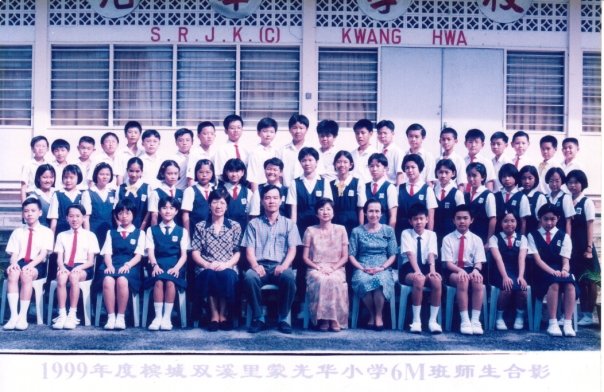
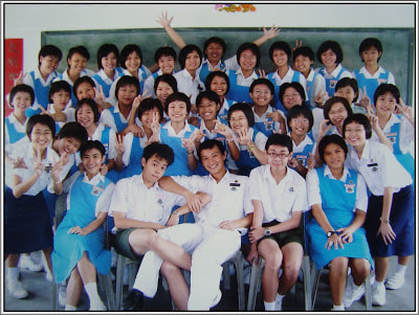
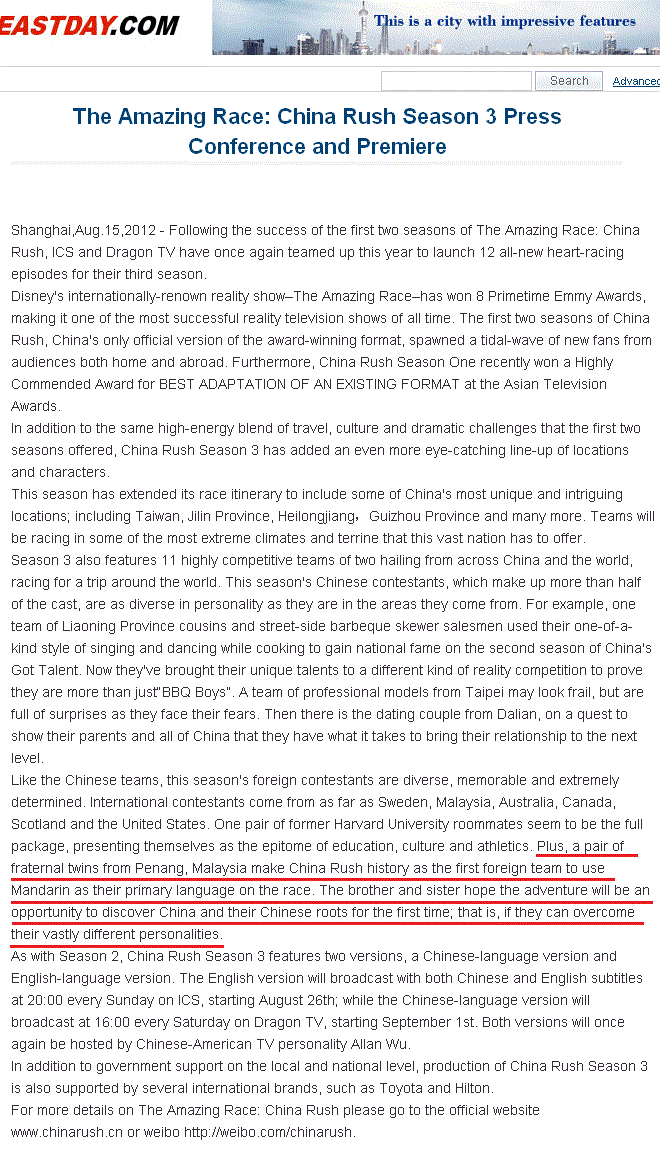
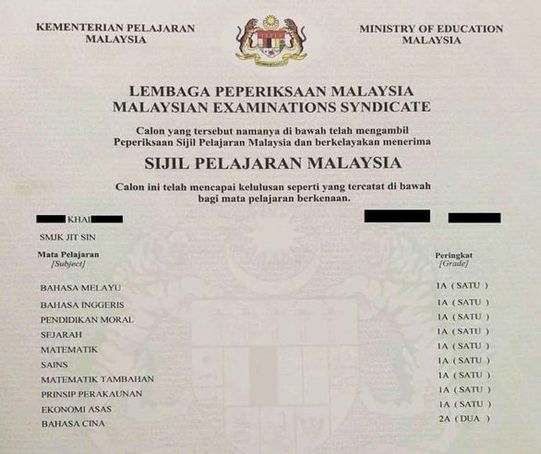
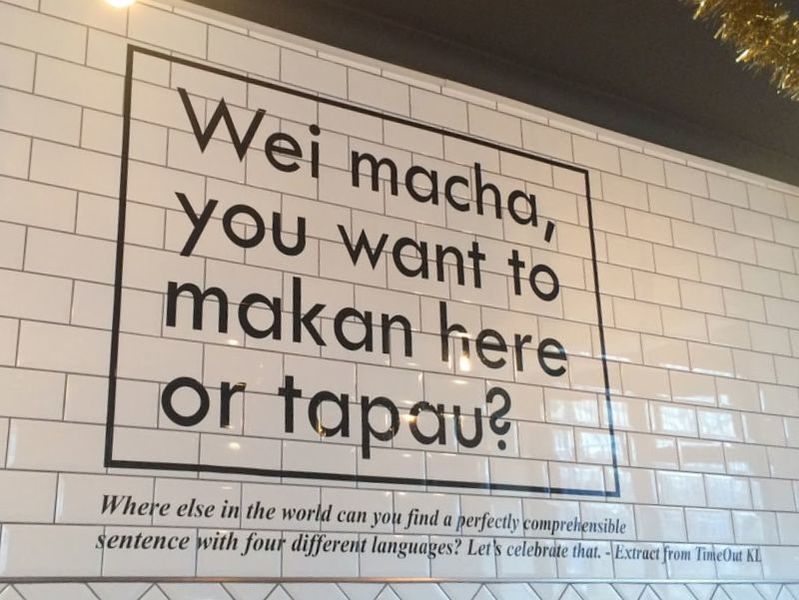
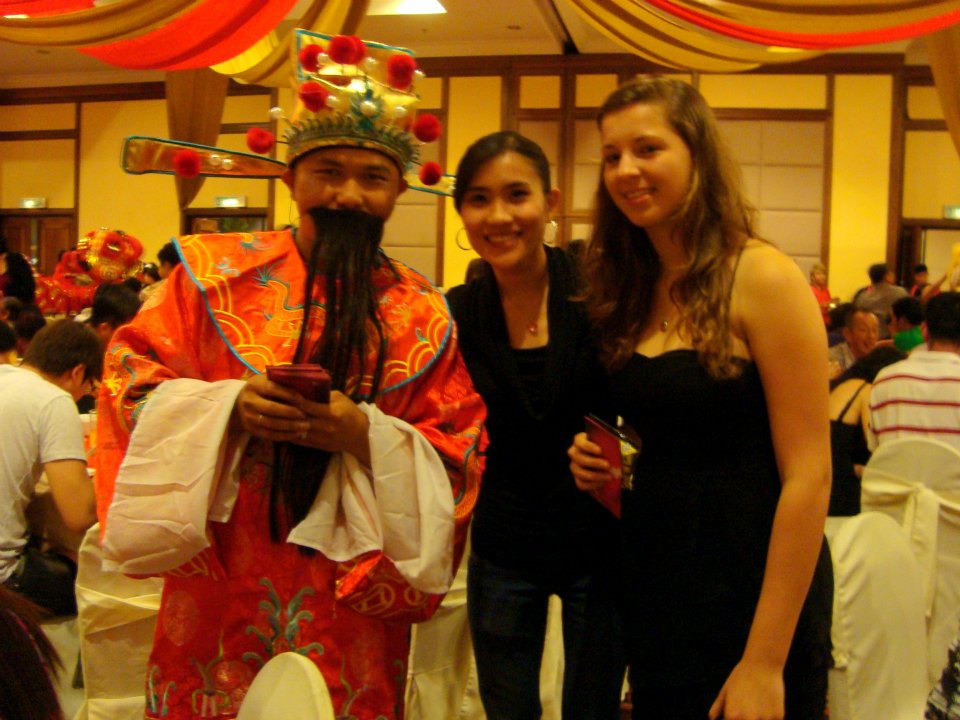
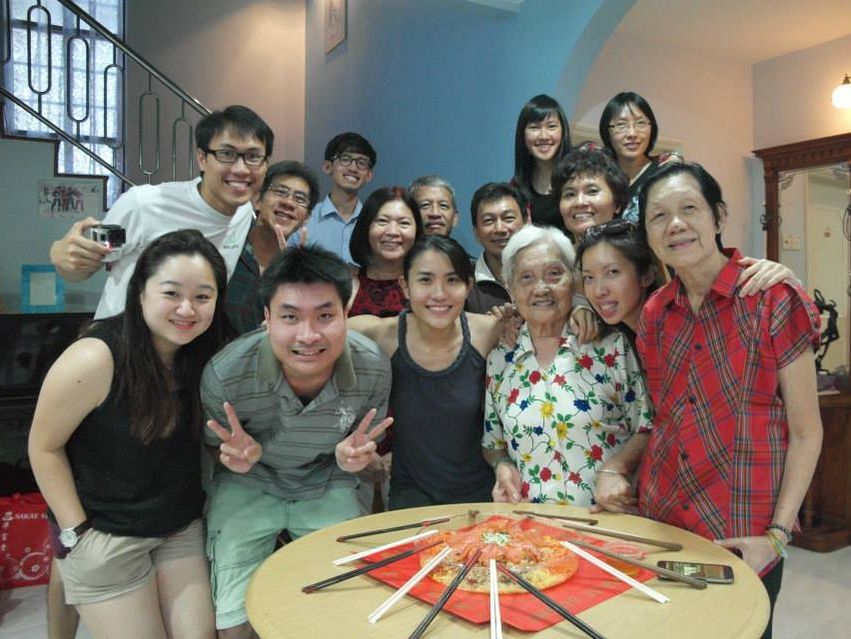
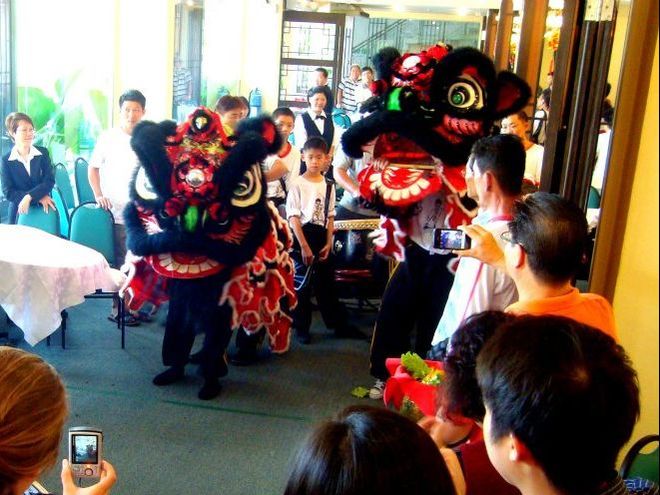
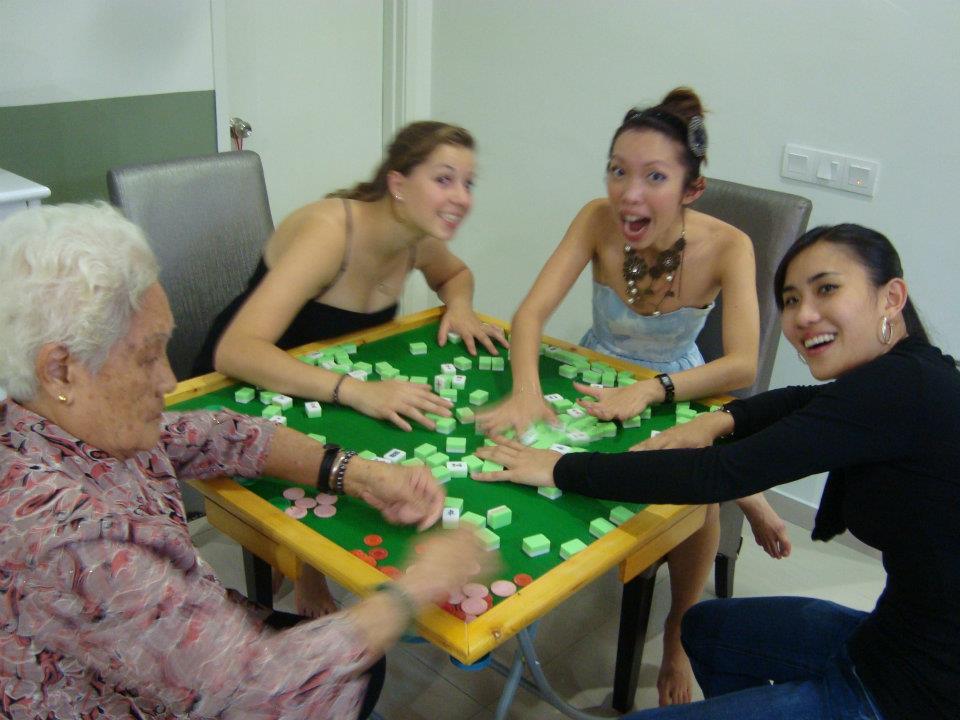
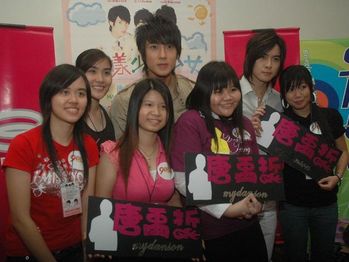
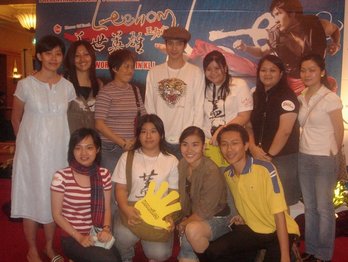

 RSS Feed
RSS Feed
